FTC's Appeal Against Microsoft-Activision Merger Approval
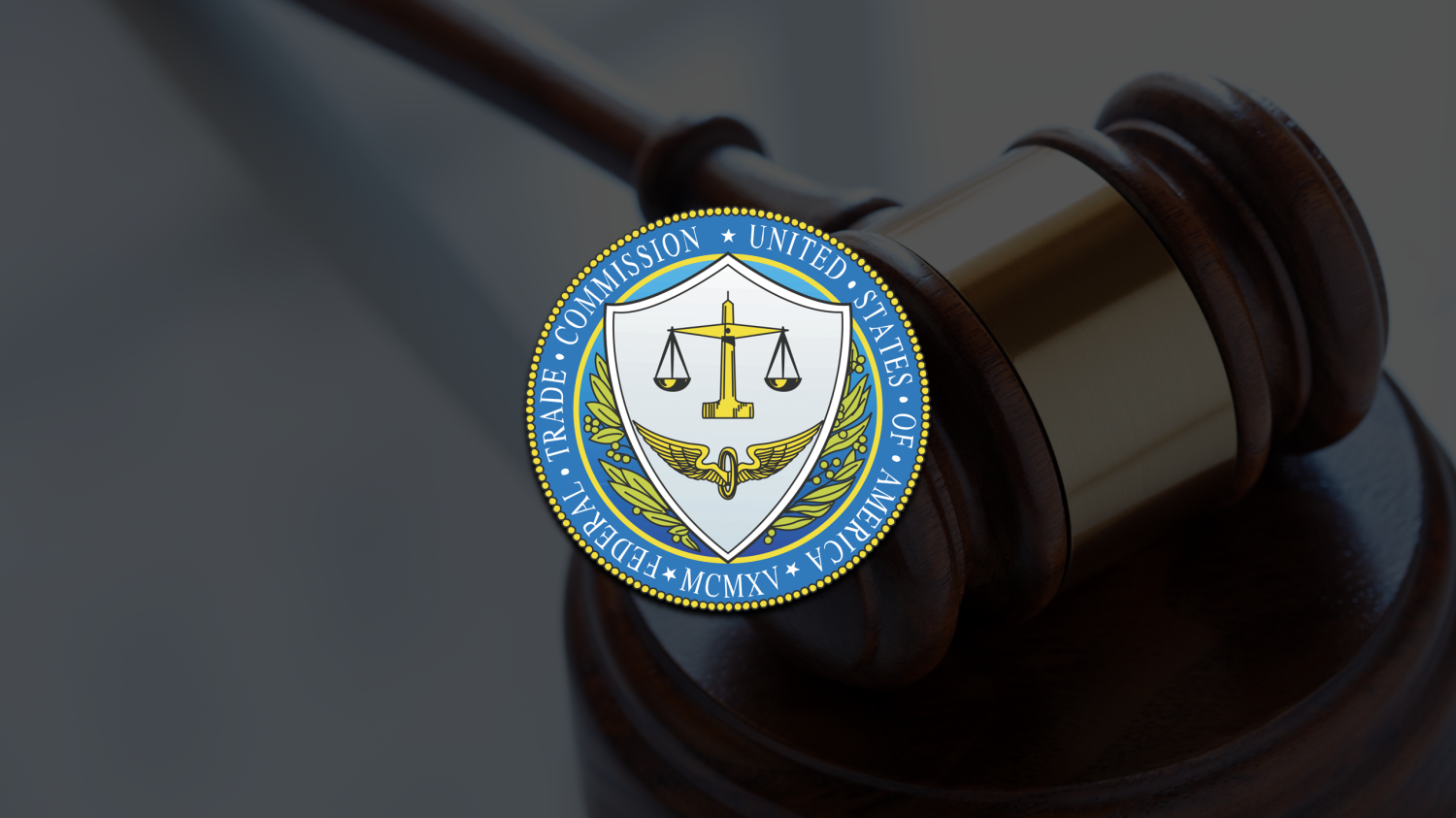
Table of Contents
The FTC's Core Concerns Regarding the Merger:
The FTC's primary concern centers around the potential for the Microsoft-Activision merger to significantly reduce competition and harm consumers. Their arguments are multifaceted, focusing on the stifling of competition and the emergence of anti-competitive practices.
Stifling Competition in the Gaming Market: The FTC argues that Microsoft's acquisition of Activision Blizzard would give them an unfair competitive advantage, potentially stifling competition and harming consumers. This fear is rooted in several key concerns:
- Limited Access to Games: Microsoft could potentially limit access to popular Activision Blizzard games like Call of Duty, Candy Crush Saga, and World of Warcraft on rival platforms such as PlayStation and Nintendo Switch. This exclusivity could force gamers to switch to Xbox ecosystems or miss out on these titles entirely.
- Control Over Key Franchises: The merger would grant Microsoft control over some of the most successful and beloved gaming franchises globally. This level of control raises concerns about the potential for Microsoft to exploit this dominance for anti-competitive purposes.
- Impact on Subscription Services: The integration of Activision Blizzard's games into Microsoft's Game Pass subscription service could further stifle competition, making it difficult for other subscription services to compete effectively. This could ultimately lead to less choice and innovation for gamers.
Anti-Competitive Practices and Market Dominance: The FTC alleges that the merger would significantly increase Microsoft's market power, leading to anti-competitive behavior. Their analysis includes:
- Market Share Analysis: The FTC likely examined Microsoft's market share across various gaming sectors, including consoles, PC gaming, and cloud gaming, to determine the extent of their potential dominance after the merger.
- Potential Price Increases and Reduced Innovation: The FTC is concerned that a lack of competition could lead to higher prices for games and potentially stifle innovation within the industry as Microsoft faces less pressure to improve its offerings.
- Leveraging Market Power: The FTC worries Microsoft could leverage its increased market power to disadvantage competitors, potentially through exclusive deals, preferential treatment, or other anti-competitive strategies.
The UK's Decision and the FTC's Counter-Argument:
The UK's Competitive Markets Authority (CMA) initially blocked the merger, citing concerns about its impact on competition. However, a UK court overturned the CMA's decision, leading to the FTC's appeal.
The UK's Competitive Markets Authority (CMA) Ruling: The CMA's initial block was based on their concerns about the potential for Microsoft to limit access to Call of Duty on rival platforms, among other issues. Their findings highlighted the significance of Call of Duty in the gaming market and the potential harm to competition should Microsoft restrict access.
The UK court's overruling countered the CMA's assessment, arguing that the evidence presented did not sufficiently support the claim of significant harm to competition. This highlights the differing perspectives on the competitive landscape and the complexities involved in evaluating such mergers.
The FTC's Appeal Strategy: The FTC's appeal challenges the UK court's decision, arguing that the court misjudged the evidence and failed to adequately consider the potential anti-competitive effects of the merger. Their strategy likely focuses on:
- Points of Legal Contention: The FTC will likely highlight specific points of law where they believe the UK court erred in its judgment.
- Evidence Presented: The FTC will re-emphasize evidence supporting their claims of anti-competitive practices and potential harm to competition.
- Timeline and Potential Outcomes: The appeal process will likely be lengthy, with multiple stages of legal arguments and potential further court rulings.
Broader Implications of the FTC's Appeal:
This case holds significant implications far beyond the gaming industry.
The Future of Mergers and Acquisitions in the Tech Industry: The FTC's appeal sets a crucial precedent for future mergers and acquisitions in the technology sector. The outcome will influence:
- Regulatory Oversight: This case will shape how regulators approach mergers involving tech giants in the future. Expect stricter scrutiny and a greater emphasis on preventing anti-competitive behavior.
- Merger Approval Processes: The process for approving mergers might undergo adjustments to reflect the lessons learned from the Microsoft-Activision case. More robust analysis of potential anti-competitive effects is likely to become standard practice.
- Investor Confidence and Corporate Strategy: The outcome could impact investor confidence in large-scale tech mergers, potentially making such transactions more difficult to complete in the future.
The Future of Gaming and Consumer Choice: The long-term implications for gamers are substantial. The FTC's appeal focuses on preserving:
- Game Pricing and Availability: The case could significantly affect game pricing, with the potential for either increased prices due to lack of competition, or conversely, more competitive pricing driven by the need to maintain market share.
- Innovation in Game Development: The case highlights concerns that reduced competition could stifle innovation in game development.
- Consumer Choice and Competition: The overall effect on consumer choice and competition in the gaming market will largely depend on the outcome of the appeal.
Conclusion:
The FTC's appeal against the Microsoft-Activision merger is a pivotal moment in the ongoing debate about competition and market dominance in the tech industry. The outcome will set a precedent for future mergers and acquisitions, significantly impacting both the gaming industry and the broader tech landscape. Understanding the FTC's appeal against the Microsoft-Activision merger and its potential ramifications is crucial. Stay informed about this landmark case to understand how regulatory bodies are adapting to the challenges of regulating powerful tech companies and maintaining fair competition. Keep following developments to see how this impacts the future of gaming and the tech industry at large.

Featured Posts
-
 The Handsome Attractive And Tough Factor Deconstructing Trumps Approach To Arab Diplomacy
May 17, 2025
The Handsome Attractive And Tough Factor Deconstructing Trumps Approach To Arab Diplomacy
May 17, 2025 -
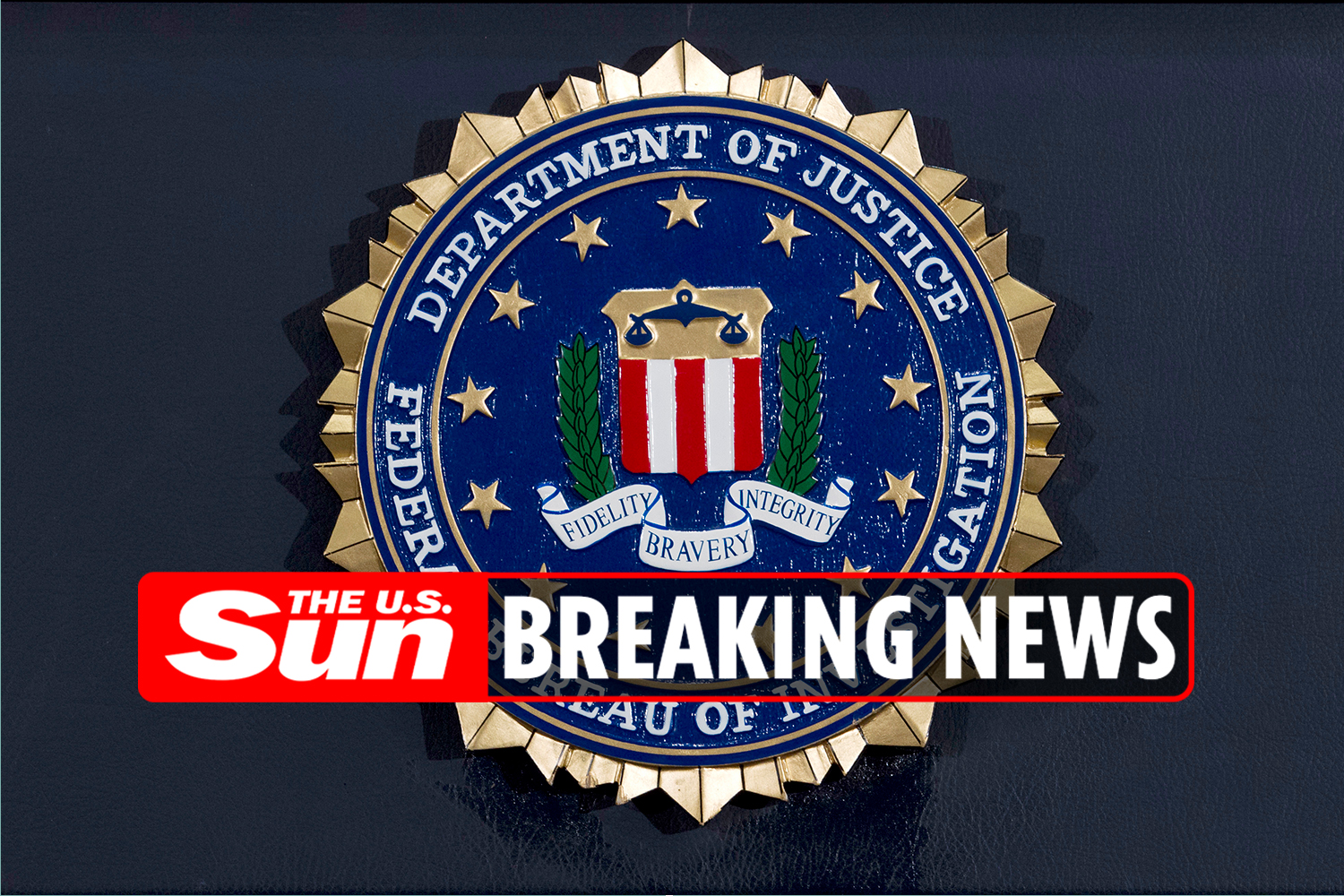 Millions Made From Exec Office365 Hacks Fbi Investigation Reveals
May 17, 2025
Millions Made From Exec Office365 Hacks Fbi Investigation Reveals
May 17, 2025 -
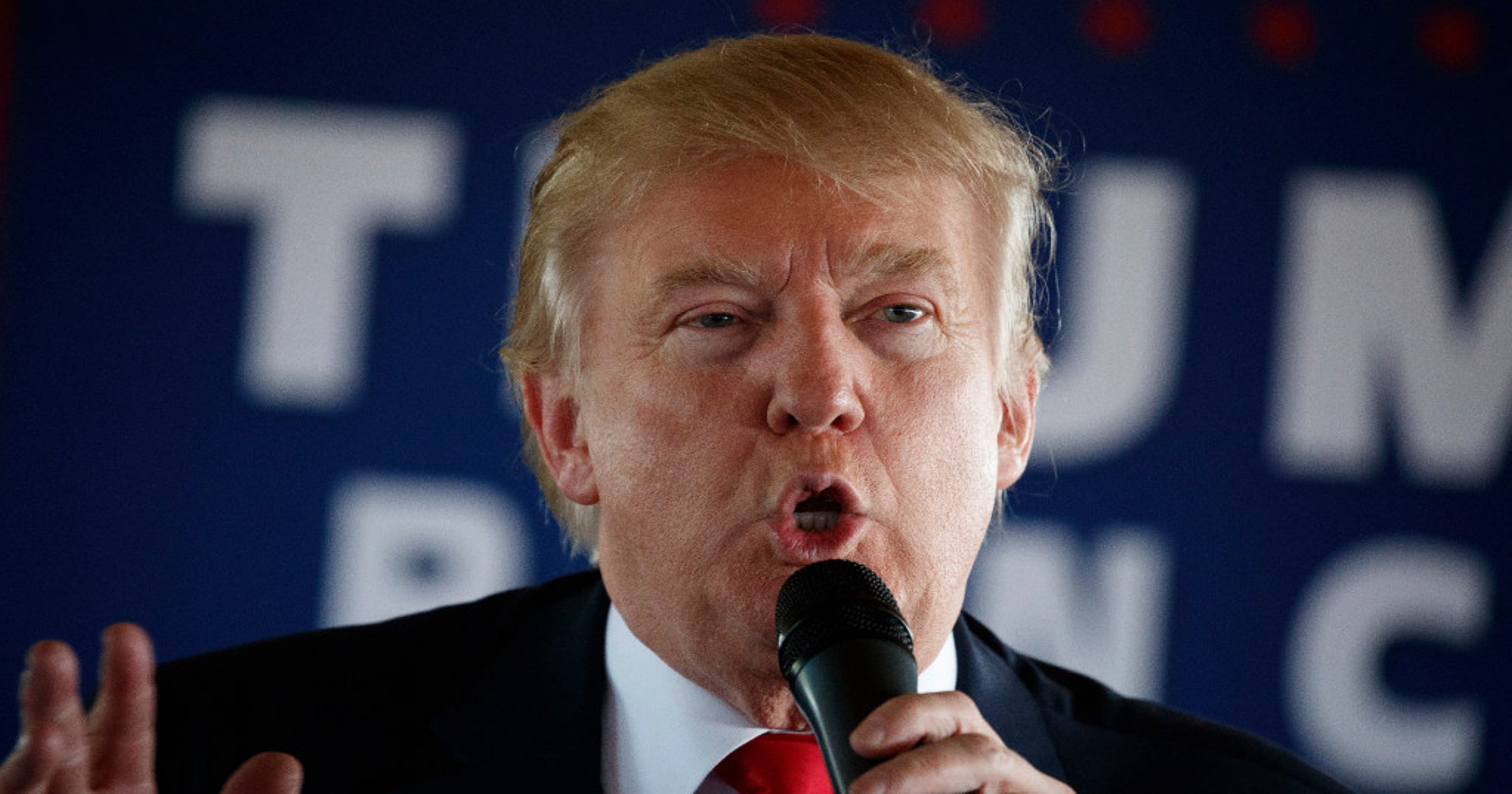 Analyzing Trumps Bromance With Arab Leaders A Look At The Rhetoric And Reality
May 17, 2025
Analyzing Trumps Bromance With Arab Leaders A Look At The Rhetoric And Reality
May 17, 2025 -
 Farq Alsn Byn Twm Krwz Wana Dy Armas Hl Ywthr Ela Elaqthma
May 17, 2025
Farq Alsn Byn Twm Krwz Wana Dy Armas Hl Ywthr Ela Elaqthma
May 17, 2025 -
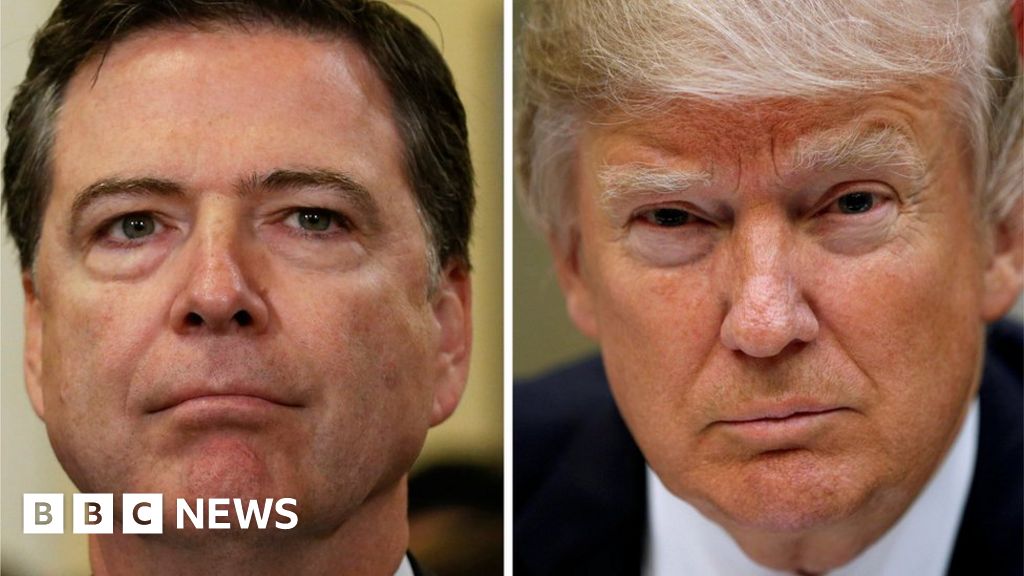 Former Fbi Director Comey Faces Conservative Outrage Deletes Post
May 17, 2025
Former Fbi Director Comey Faces Conservative Outrage Deletes Post
May 17, 2025
Latest Posts
-
 Ontario Budget Reveals 14 6 Billion Deficit Breaking Down The Numbers
May 17, 2025
Ontario Budget Reveals 14 6 Billion Deficit Breaking Down The Numbers
May 17, 2025 -
 Atlantic Canadas Lobster Fishers Struggle Amidst Price Slump And Global Uncertainty
May 17, 2025
Atlantic Canadas Lobster Fishers Struggle Amidst Price Slump And Global Uncertainty
May 17, 2025 -
 Budget Friendly Buys Quality Products Without The Premium Price
May 17, 2025
Budget Friendly Buys Quality Products Without The Premium Price
May 17, 2025 -
 Hudsons Bay Brand Assets Sold To Canadian Tire A 30 Million Transaction
May 17, 2025
Hudsons Bay Brand Assets Sold To Canadian Tire A 30 Million Transaction
May 17, 2025 -
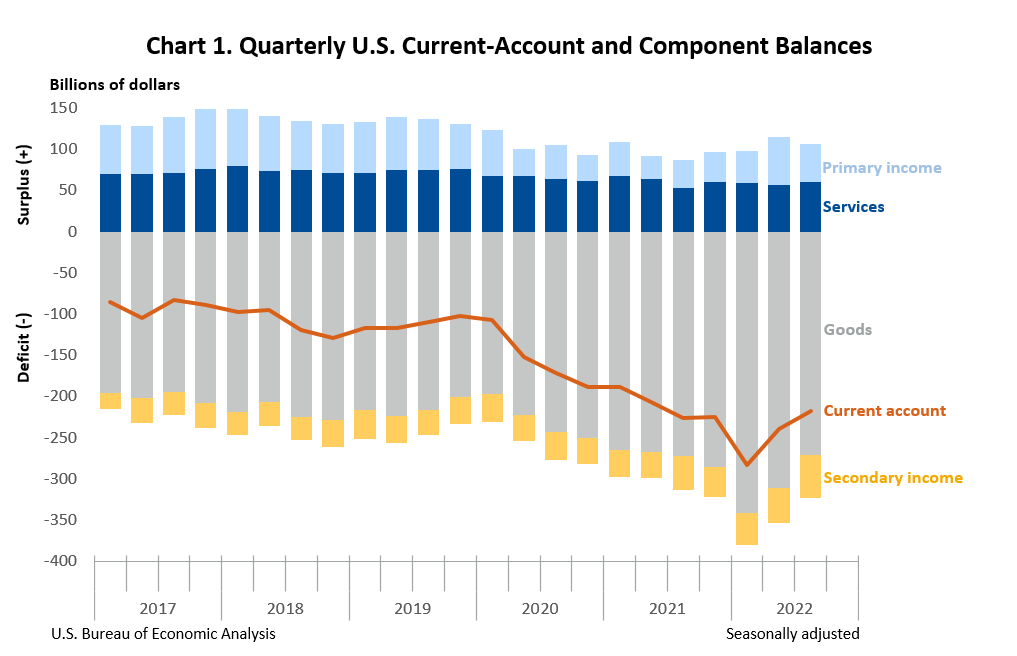 Ontario Facing 14 6 Billion Deficit Analysis Of Tariff Effects
May 17, 2025
Ontario Facing 14 6 Billion Deficit Analysis Of Tariff Effects
May 17, 2025
